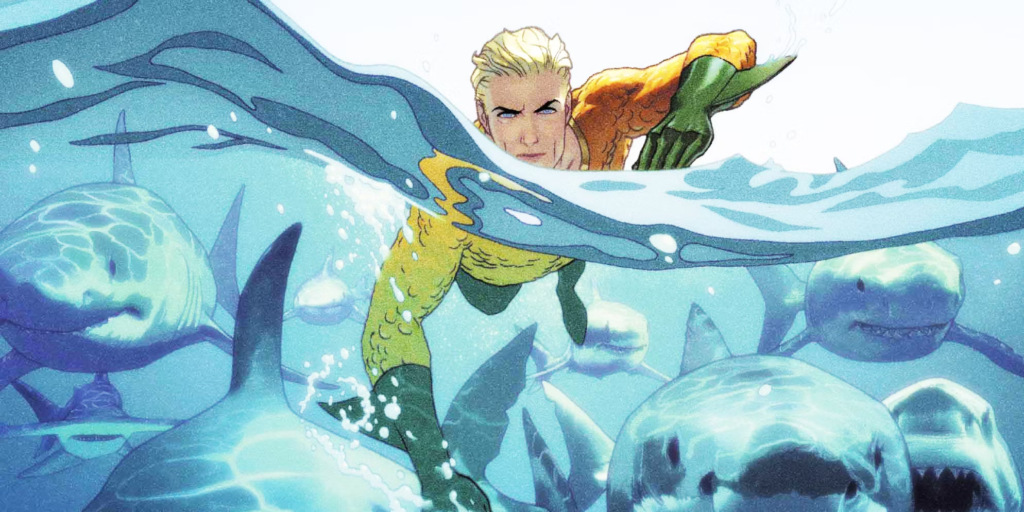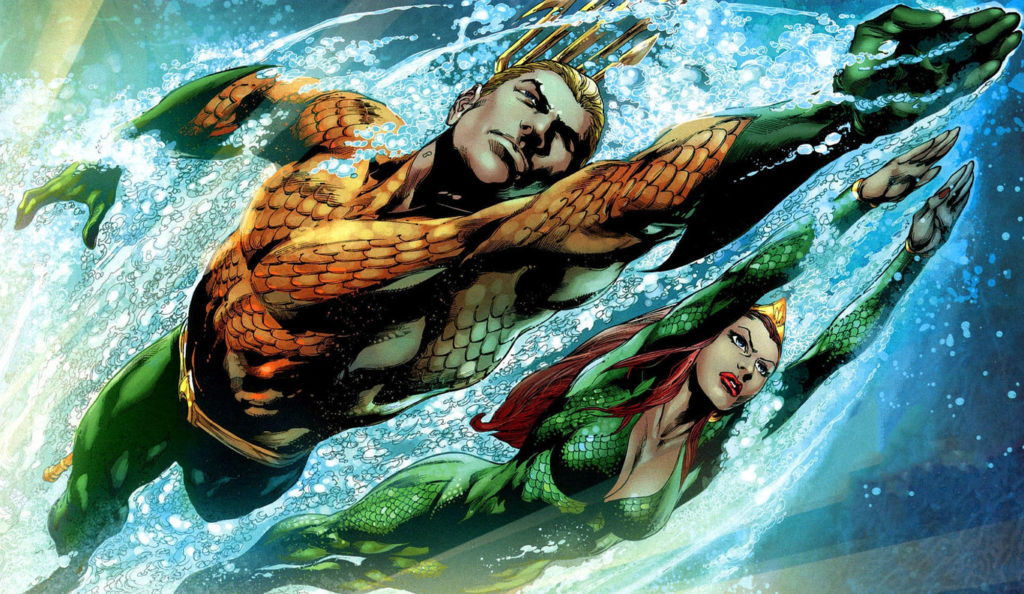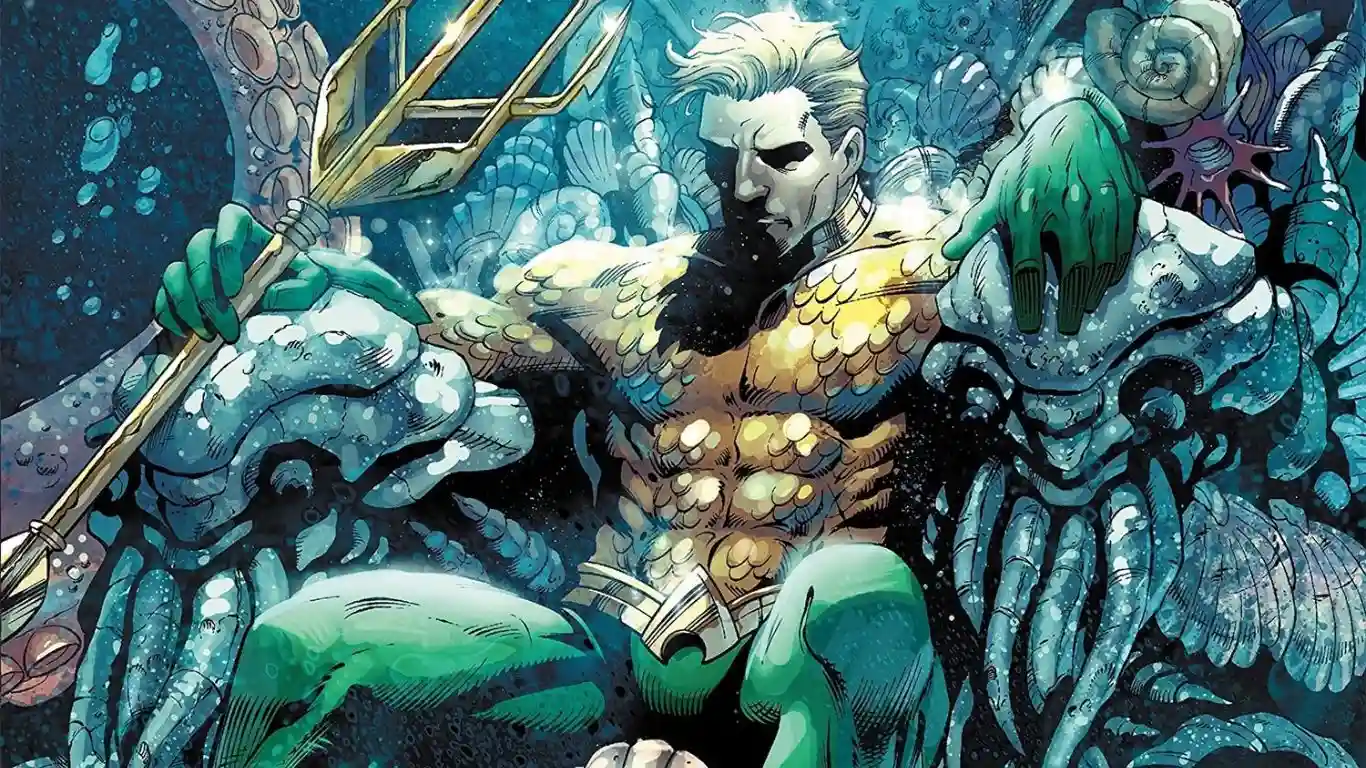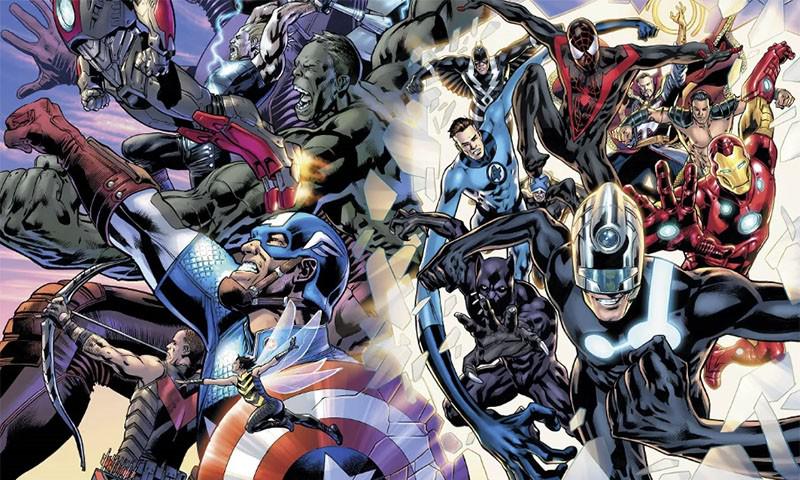Aquaman, the King of Atlantis and a founding member of the Justice League, has often been the butt of jokes and the target of ridicule within popular culture. This iconic superhero has been unfairly maligned for years, with many questioning his abilities and relevance in the DC Universe.

Misconceptions About His Powers
Aquaman’s unjust criticism often stems from a widespread misconception about the extent of his powers, perpetuating the notion that he is merely a hero with the ability to communicate with fish. While his telepathic connection to aquatic life is a prominent aspect of his abilities, it represents only a fraction of the power and versatility he possesses. Aquaman’s Atlantean heritage affords him superhuman strength, speed, and durability, attributes that make him a formidable force in both underwater and terrestrial settings. His capacity to swim at remarkable speeds and withstand the immense pressure of ocean depths showcases the breadth of his physical prowess. Beyond his telepathic link, Aquaman has exhibited the ability to manipulate water and control marine life on a grand scale in certain comic iterations, demonstrating a level of power and influence that extends far beyond the narrow perception that unfairly undermines his superhero capabilities.

The Super Friends Effect
The “Super Friends” animated series from the 1970s played a significant role in shaping Aquaman’s unfavorable reputation among audiences. The show, which aimed to bring together iconic superheroes from the DC Comics universe, unfortunately, contributed to the marginalization of Aquaman. In numerous episodes, he was portrayed as the “token” aquatic hero, and his character often found himself relegated to tasks that reinforced the misconception of his limited abilities. Aquaman’s assignments frequently centered around underwater scenarios or marine-related challenges, further perpetuating the stereotype that his powers were confined solely to aquatic environments. This narrow representation failed to showcase the full extent of Aquaman’s abilities and diminished his stature in the eyes of viewers who perceived him as less formidable compared to his superhero counterparts.
The simplistic depiction of Aquaman in the “Super Friends” series not only limited his role within the team but also hindered the exploration of his rich comic book lore. Aquaman, in the comics, possesses a diverse set of superhuman abilities beyond his capacity to communicate with marine life. His superhuman strength, agility, and ability to command the seas make him a formidable force on both land and underwater. Unfortunately, the animated series’ portrayal failed to capture the complexity and depth of the character, leading to a skewed public perception of Aquaman. It took subsequent adaptations in comics, animated series, and the live-action film portrayal by Jason Momoa to reintroduce audiences to the true extent of Aquaman’s powers and redeem his status as a powerful and versatile superhero within the DC Comics universe.

Lackluster Portrayals in Other Media
Aquaman has faced a historical struggle to garner the same level of attention as other iconic superheroes in various forms of media. Unlike some of his counterparts like Batman or Superman, Aquaman’s presence in television and film was often relegated to secondary roles or limited portrayals that failed to capture the complexity of his character’s rich comic book history. The challenge lay in overcoming outdated perceptions that had been established by earlier, less nuanced depictions of the character. Aquaman’s unique set of abilities, such as his command over the seas and superhuman strength, were not always fully explored, contributing to a general underestimation of his superhero prowess.
In recent years, there has been a notable shift in how Aquaman is portrayed, particularly with Jason Momoa’s depiction in the DC Extended Universe (DCEU). Momoa’s portrayal has brought a fresh and powerful interpretation to the character, showcasing Aquaman as a formidable force both on land and underwater. Despite these successful adaptations, the character still grapples with lingering past perceptions that have yet to be fully dispelled. The challenge lies in reshaping the public’s understanding of Aquaman beyond the stereotypes, emphasizing his depth as a superhero with a compelling history and a crucial role within the broader DC Comics narrative. It is an ongoing process to redefine Aquaman’s place in popular culture and elevate him to the status he deserves among the pantheon of iconic superheroes.

A Changing Perspective
Fortunately, there has been a notable turnaround in Aquaman’s fortunes in recent years, largely attributed to Jason Momoa’s compelling portrayal in the DC Extended Universe (DCEU). The Aquaman movies proved to be a turning point, providing audiences with a nuanced and powerful depiction of the character. Momoa’s Aquaman showcased not only his physical strength and command over the seas but also delved into his complex origin story, bringing depth and authenticity to the character. This cinematic representation successfully challenged and changed many people’s preconceived notions about Aquaman, elevating him from the sidelines and establishing his significance in the broader DC Universe. The film’s success not only revitalized Aquaman’s image but also contributed to reshaping public perception, shedding light on the hero’s multifaceted nature.
In addition to the cinematic revival, Aquaman has experienced a resurgence in the comic book world. The character was given more prominence in “The New 52” era, which provided a fresh take on his narrative and explored new facets of his personality. The subsequent “Rebirth” era continued this trend, offering compelling storylines that delved into Aquaman’s intricate relationships, the political intricacies of Atlantis, and his ongoing battles for the future of his underwater kingdom. These comic book arcs have contributed to solidifying Aquaman as a multifaceted and intriguing character, showcasing his depth and significance within the DC Comics narrative. As a result, Aquaman is enjoying a renaissance that extends across various forms of media, finally receiving the attention and respect that he has long deserved.

Aquaman’s enduring reputation as the “weakest” superhero is an outdated and unfair characterization that is slowly but surely being debunked. With a resurgence in popularity through the DCEU, a resurgence in comic book storytelling, and a deeper understanding of his true abilities, Aquaman is finally getting the recognition he deserves. He is more than just the King of Atlantis; he is a powerful, multifaceted superhero with a rich history, and it’s time to acknowledge and celebrate his rightful place in the pantheon of DC heroes. Aquaman is more than capable of riding the waves of change and emerging as a true icon in the world of comics and entertainment.




